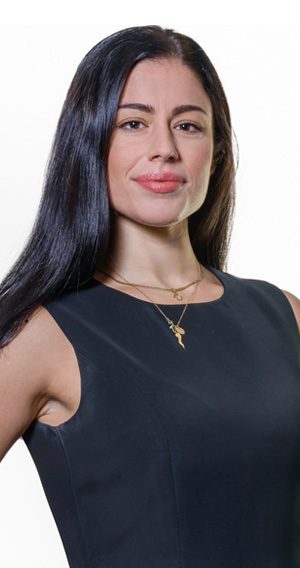We sat down with Diamond Recovery National Director of Business Development, Allison Trim to ask her some important questions about what motivated her dedicate his life to helping others.
It’s really hard to choose my favorite part of the work I do. I think my most favorite part is being able to see someone come in on their first day and watching the transformation happen while they’re in our care. Their cheeks get fuller, their eyes get brighter. They start talking to their families again and start having conversations that have hope. My second favorite would be staying in contact with clients after they leave and watching them not only survive but truly thrive in their lives.
I grew up in a house with an alcoholic father, who passed away from the disease when I was 11 years old. I myself struggled from a young age until getting sober when I was 24.

I grew up in a house with an alcoholic father, who passed away from the disease when I was 11 years old. I myself struggled from a young age until getting sober when I was 24.
When I started in the industry six years ago, there was still a lot of stigma surrounding addiction and mental health. It’s been really cool the past couple of years to see more and more people, especially those with a social platform being vulnerable and sharing their struggles to shine a light on not having to struggle alone.
“You can’t think your way into better actions, but you can act your way into better thinking. Move a muscle, change a thought”…It’s something I still say to myself today.
Watching people that I’ve helped be able to help others.
With most of our staff being in recovery, there is a level of compassion that is crucial, especially when dealing with individuals in the beginning stages of their recovery journey.
From the top down, diamond recovery was assembled and created with the vision of doing right by the client no matter what.
Currently, we are trying to make Diamond Recovery a household name so that anybody struggling has a resource to get quality care.
We take a very strong interest in creating community from the time of admission. When a client leaves, they get connected to a weekly zoom meeting where they can talk about their struggles and accomplishments, and be a part of something greater.
I want to continue to recover out loud. I’ve been blessed and worked very hard to be employable, honest, hard-working and sober for some time now. I want that to also be what you think of when thinking of addiction. If I continue to tell my experience I think I can show people two important things; 1. Addiction isn’t just a homeless person under a bridge but can also be the high functioning individual that turns to a substance for comfort. 2. Recovery is possible for anyone that wants it.
Individuals with substance use disorders have a high prevalence of co-occurring mental health disorders. Very rarely do you get one without the other. Treating only the substance use is only half the battle. Each individual truly deserves a comprehensive treatment plan, which is what they get at Diamond Recovery.

Creating foundations of solution for those suffering from substance use disorders.
Licensed by the State Department of Health Care Services
License: 191117AP
Expires: 01/31/2026
© Diamond Recovery 2024
About Us
Quick Links